India is the partner country for the 2015 trade show, which hosts 6,500 exhibitors from 70 different countries and expects 217,000 visitors over its five days.
Modi told guests that India's development programme was “a historic opportunity for German companies” as the government plans to upgrade housing, energy generation and transport infrastructure across the country.
“Indo-German partnership should and will flourish,” he added.
Across the exhibition floor, Indian lions and the motto “Make in India”, urging investors to take a fresh look at manufacturing in the country, dominated the scene.
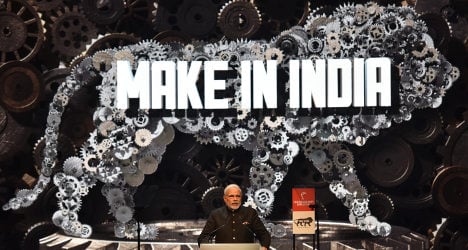
“India is showing itself with a new strength,” Merkel said in her own speech. “We have an exciting time before us.”
The Chancellor noted that Germany is India's biggest trading partner in the European Union, with around €16 billion of annual trade between the two countries.
But she added that there was intense competition among European countries to snap up Indian custom.
Modi was fresh from a visit to France, where he made a surprise order for 36 Dassault Rafale fighter jets – potentially netting France €4 billion.
German industry running to keep up
Organizers hope that this year's theme, “Integrated Industry – Join the Network”, will help promote the tools and technologies underpinning the automated factories of the future – so-called “Industry 4.0”.
Robots that tell their human colleagues when they need maintenance – bearing in mind who's on shift or on holiday – or stop gently at the slightest unexpected contact are just some of the innovations on show.
One company, Festo, presented Merkel and Modi with a pair of robotic ants designed to work together to solve complex problems.
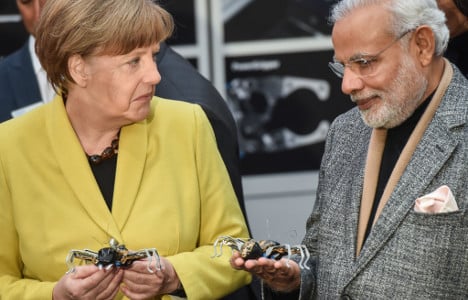
Three-quarters of German companies surveyed by IT federation Bitkom expected networked, intelligent production processes to make a big contribution to the country's future prosperity.
But 80 percent of companies thought their own industries were behind the curve in implementing such new technologies.
They named high up-front costs, lack of specialist workers and data protection concerns as factors holding them back.

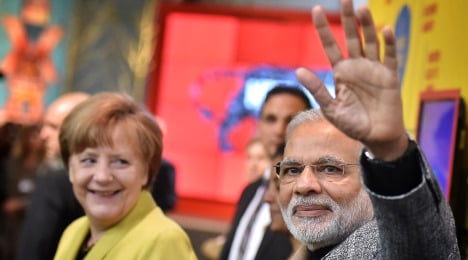
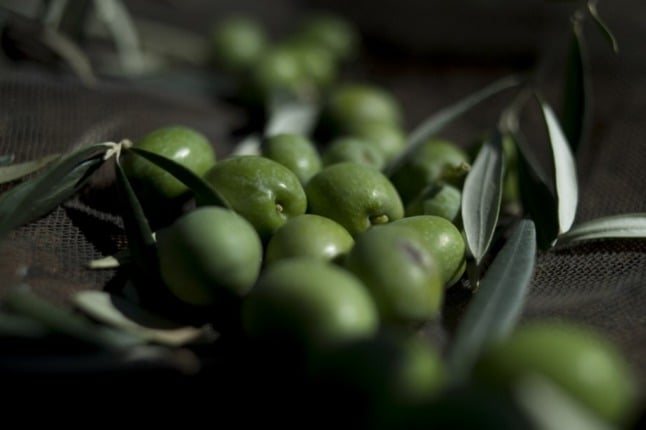
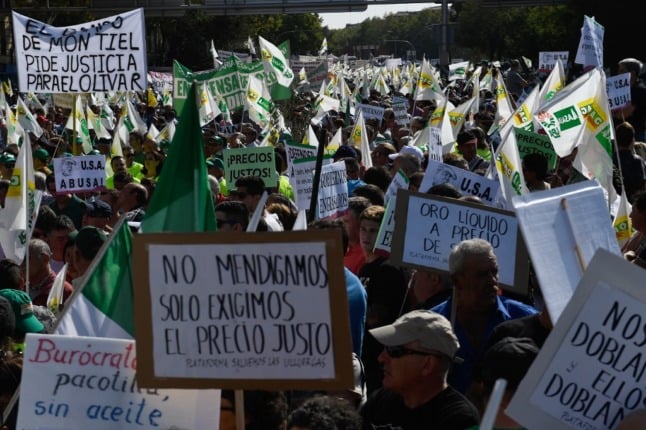
 Please whitelist us to continue reading.
Please whitelist us to continue reading.
Member comments